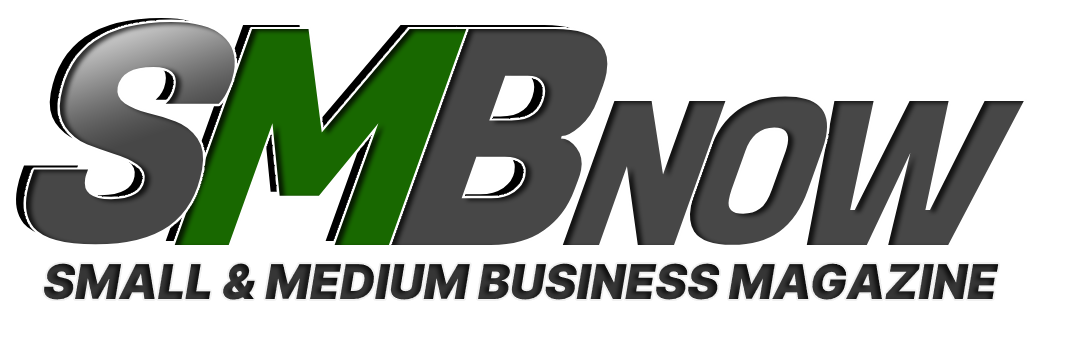SMB - Health Savings Accounts - What You Should Know
Friday, October 26, 2007Posted by Andy Wendt
 If you are thinking about an HSA here are some things that you should know:
If you are thinking about an HSA here are some things that you should know:
You need a high-deductible health plan (HDHP) in order to qualify for an HSA and you can not be over 65 years old or have any other medical coverage other than you HDHP. A health plan is considered an HDHP (for individuals) when your annual deductible is at least $1,100 and annual out-of-pocket expenses don't exceed $5,600. For families your annual deductible must be at least $2,200 and annual out-of-pocket expenses don't exceed $11,200.
An HSA is not the same as an FSA or a HRA. While these plans are similar they are not the same. An FSA is a Flexible Savings Account and they are a lot like an HSA with one exception, they ARE a 'use it or lose it' plan. What you don't use by the end of the year you forfeit. An HRA is a Health Reimbursement Account and they are only funded by the employer. Also you will forfeit the balance in your HRA if you change jobs or health insurance companies. With an HSA you are in control of your money, even if you change employers or providers.
When you have money built up in your HSA you can use it to pay for qualified medical expenses without any tax consequences. You can also use the funds in your HSA to pay for other medical expenses that don't count toward your deductible such as over-the-counter meds.
An HSA can be looked at kind of like a 401k as you can make a payroll-deduction contribution to you HSA before taxes. If you are not going through an employer you can make contributions and then deduct them from your taxes.
Once your 65 years old, the money is available to you for anything, including non-qualified expenses. You will still pay income taxes on the unqualified expenses but there is no penalty.
For more HSA information check out this HSA Brochure from the Treasury Department.
